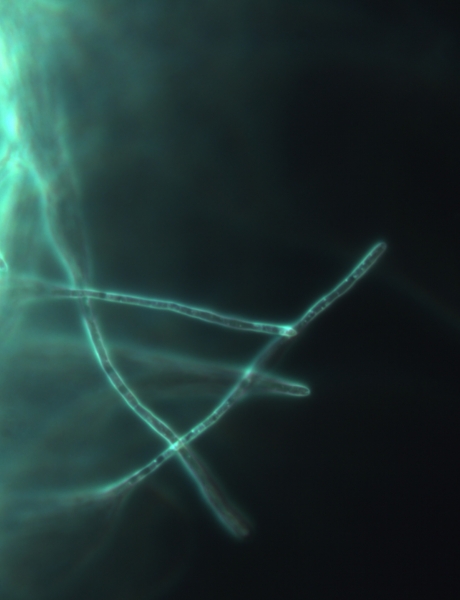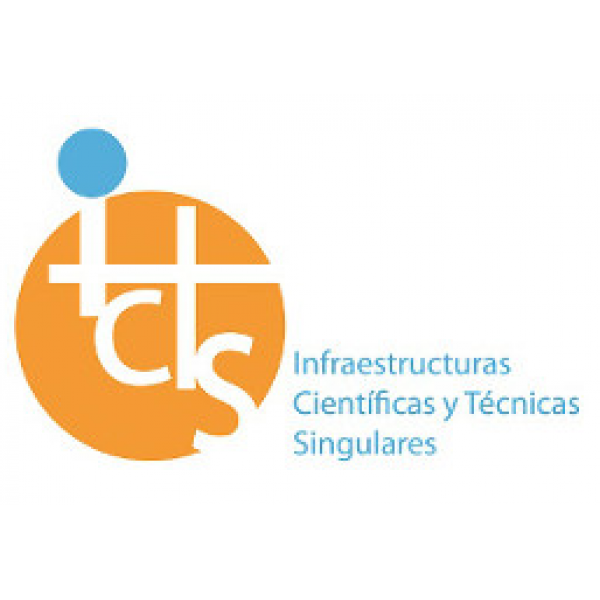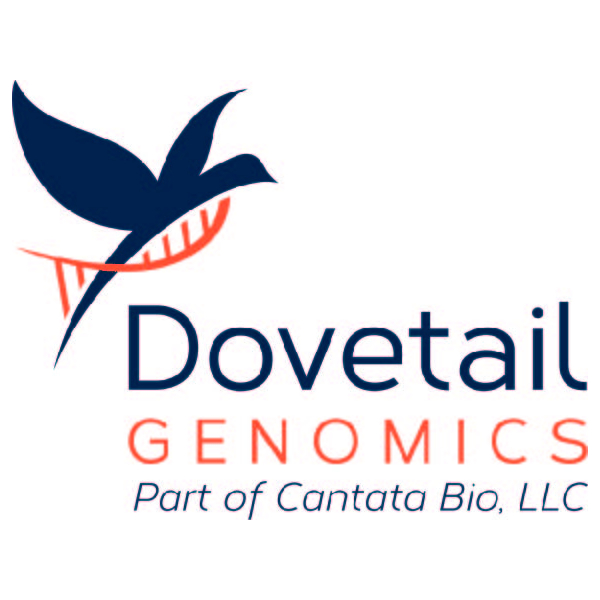
SYBARIS is a systems biology study of the specificity of response of the cell-mediated immune system to fungal microorganisms in order to determine the genetic basis of susceptibility to fungal disease and elucidate molecular mechanisms of drug resistance in fungal pathogens.
An integrative approach, combining high-throughput and traditional wet-lab work with computational and bioinformatics methods, will be applied to identify biomarkers of resistance to currently available treatments and to develop novel putative drug target genes and pathways in different fungi.We will use Saccharomyces cerevisiae, a normally non-pathogenic yeast model organism, Candida albicans and Aspergillus fumigatus, two major recognized fungal pathogens as well as other Aspergillus spp. known to be multi-drug resistant and difficult to treat.
The anticipated results are highly relevant to society in terms of reducing the burden of mortality and suffering in immunosuppressed patients and in terms of reducing medical costs associated with treating opportunistic fungal infections. The potential economic upside for novel broad-spectrum anti-infectives is very large. The worldwide market for antifungals is currently estimated at $4 billion annually. We tackle the issues of anti-microbial drug resistance head on via a multidisciplinary systems biology study combining bacterial genetics, clinical and pharmacological research in a systems biology approach, integrating traditional wet-lab methods with those of functional genomics, proteomics, metabolomics and bioinformatics.











